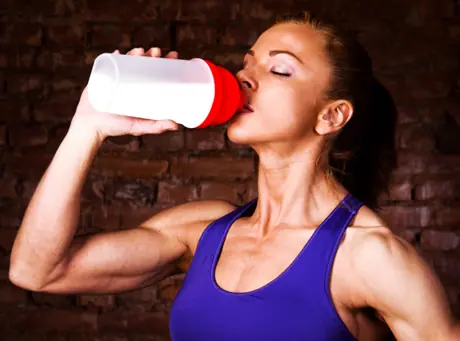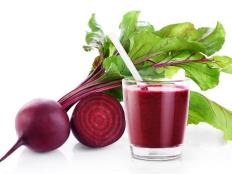Despite being in the midst of sports-fuel product and information overload, many athletes fail to meet the three keys of training nutrition. Whether or not they realize it, it's likely affecting their performance.
Before diving into the big three, I recommend first establishing your goals and priorities. Your nutrition plan can follow.
Are you an athlete who wants to optimize performance above all else? Is your main goal to get better, faster and stronger at your sport? Maybe you'd also love to lose a few pounds, but when you're on your bike, run or climb, you mostly want to improve. I'll call this goal group performance athletes.
More: Nutrition Performance Tips for Endurance Athletes
Is weight loss your main goal? Are you running simply because you want to lose weight? Are you less concerned about getting better at cycling and more concerned about your body size and weight loss? I'll refer to this goal group as weight-loss athletes.
Lastly, are you a competitive athlete? Not only do you want to get better and prioritize your performance, but you also want to win. You push yourself to the limit in your races, and many of your training session mimic this intensity. This group will be named competitive athletes.
Do you fit within any of these three? Of course there's a lot of gray area, and you can form your own title that combines them. Remember: This isn't your overall life goal. It's simply your training goal. It drives your nutrition plan, and it's important to fuel yourself to meet your goal.
More: Why Every Athlete Needs a Nutrition Training Plan
Here's how each group can use the three keys of training nutrition.
Key #1: Fluids
Fluids are paramount, as both chronic and acute dehydration directly affect performance. Even a tiny amount of weight loss from sweat (1 to 2 percent of body weight) can increase your sense of effort, cause nausea, decrease appetite and reduce performance. The vast majority of athletes are at least slightly dehydrated day to day and within training. What's an athlete to do?
- 1
- of
- 4
About the Author

Kelli Jennings, RD and sports nutritionist, is the owner of Apex Nutrition, LLC. Kelli helps athletes reach their weight goals and build strength, endurance and stamina. She teaches clients to eat for reduced inflammation, the best recovery and ongoing fueling needs as they push themselves to new levels. Like Kelli on Facebook, and follow her on Twitter.
Get ACTIVE on the Go


13.one Half Marathon
Get expert advice and guidance as you progress in your journey to becoming an avid runner.
Available for iOS





Discuss This Article